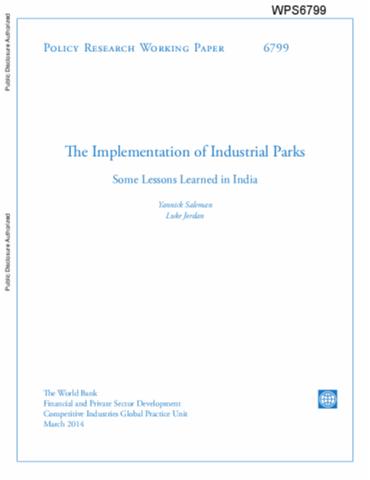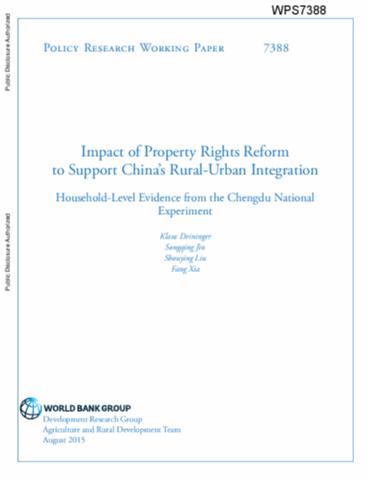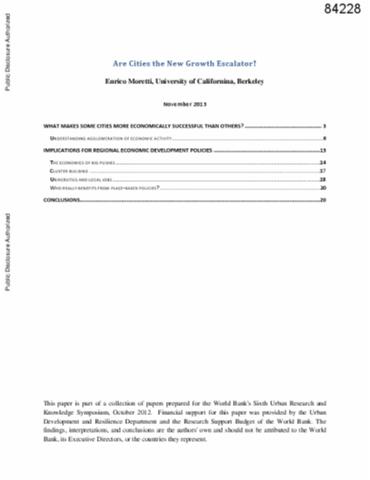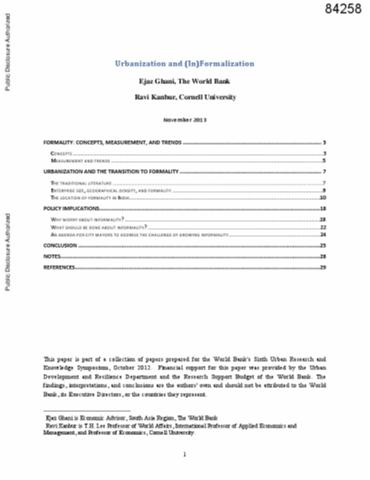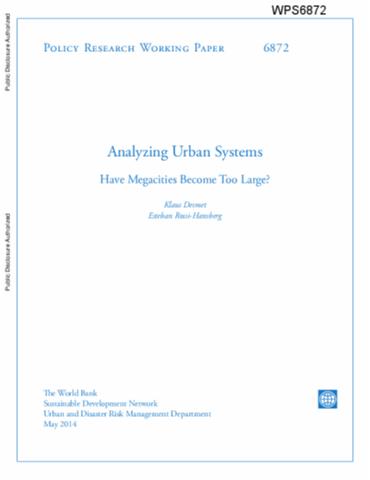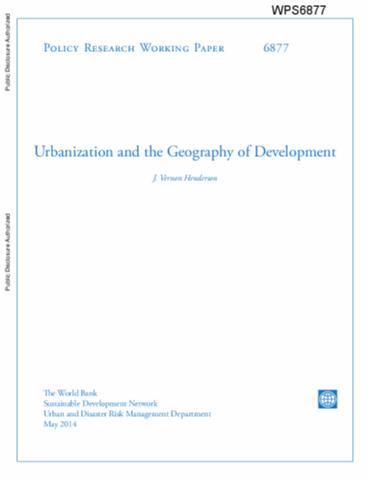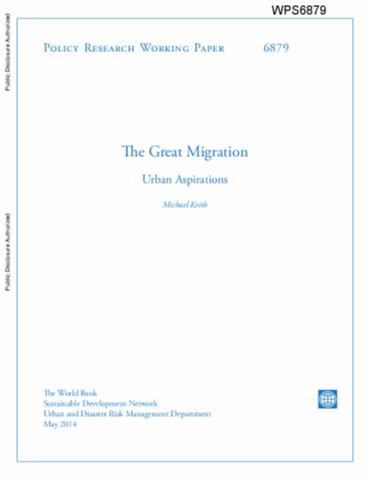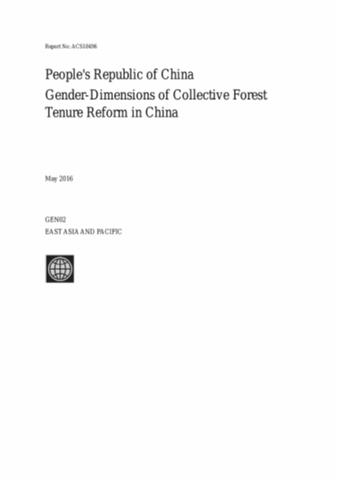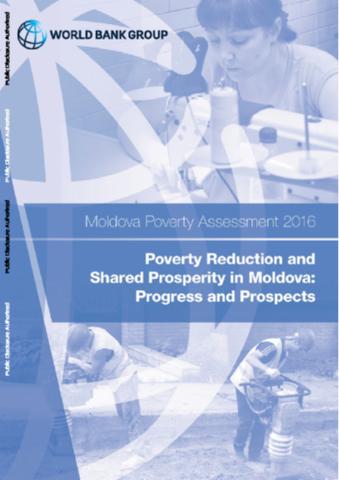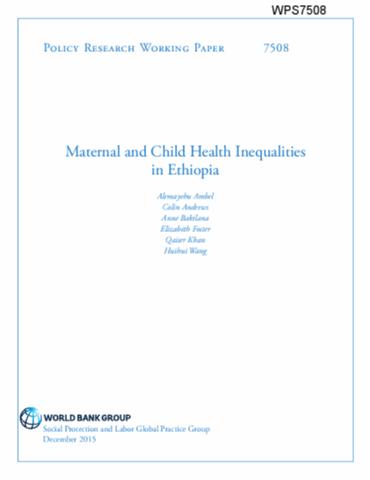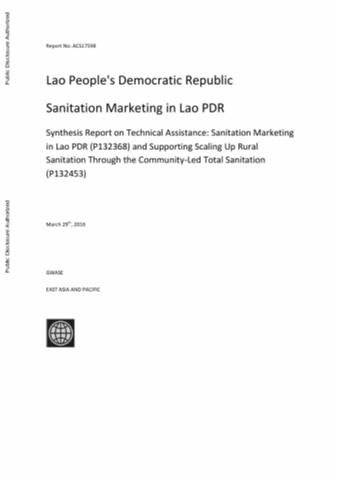The Implementation of Industrial Parks : Some Lessons Learned in India
Industrial parks are as popular as they are controversial, in India and globally. At their best they align infrastructure provision and agglomeration economies to jolt industrial growth. More often, they generate negative spill-overs, provide handouts, sit empty, or simply do not get built. This paper disaggregates how parks are built and how they fail. It contextualizes parks in India, followed by a thick case study of an innovative scheme that appears to buck the trend. This performance is then explained by the way in which the scheme's design and action fit India's political economy.

